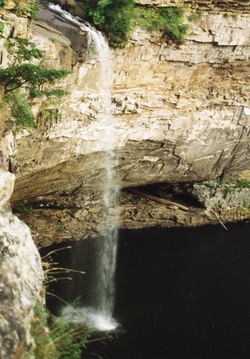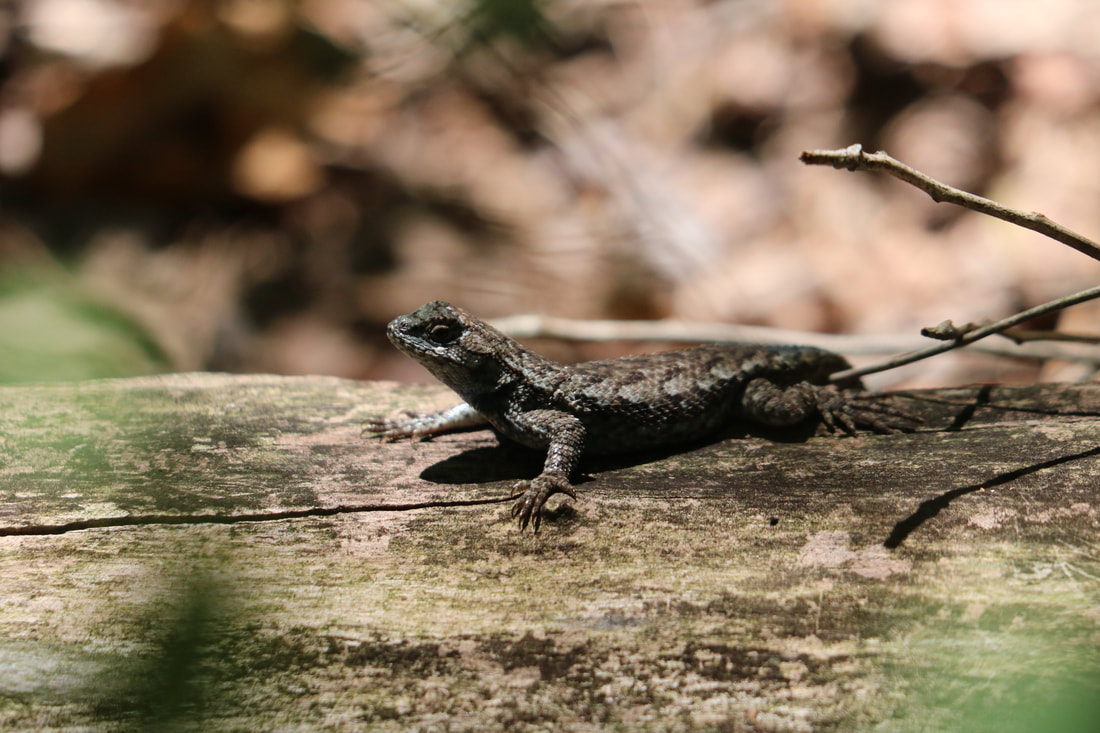
A number of years ago, some organization or other circulated a questionnaire asking what a person in the environmental field should read. They were attempting to establish a basic literacy framework, and the answers they got were pretty basic. Most respondents listed history, literature, philosophy, and sacred texts such as The Bible. Some listed The Federalist Papers – to which I would add The Antifederalist Papers to do justice to two great and competing trends in American Government.
Aside from that provision, I find this answer appropriate on one level, yet bemusing. How sad that we cannot count on modern day professionals to have basic literacy. At the same time, none of the listed texts, aside from a few obscure passages in The Bible, deal with conservation at all. Therefore, I have reimagined the process. After one has a basic literacy in literature, history, science, the humanities, etc. what works make a person environmentally literate. Here are my top ten, and they are approximately in order of importance. Feel free to comment, suggest your own list, etc.
Walden (or Life in the Woods) – Henry David Thoreau
The American Seasons (four volume series) - Edwin Way Teale (Pulitzer Prize)
A Sand County Almanac - Aldo Leopold
The Future of Life – Edward O. Wilson
Desert Solitaire – Edward Abby
The Snow Leopard – Peter Matthiessen
The End of Nature – Bill McKibben
Refuge, An Unnatural History - Terry Tempest Williams
Silent Spring – Rachel Carson
The Forest Unseen – David George Haskell (Nominated for Pulitzer Prize)

 RSS Feed
RSS Feed